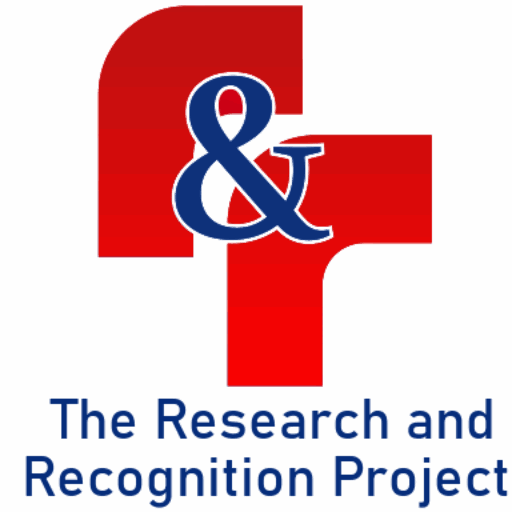As a clinical psychologist specializing in trauma treatment, I’ve witnessed countless individuals struggling with PTSD symptoms for years despite trying multiple therapeutic approaches. The Reconsolidation of Traumatic Memories (RTM) Protocol stands apart as a remarkably efficient solution, typically requiring only 3-4 sessions to achieve what often takes months or years with conventional therapies.
The Compressed Treatment Timeline
The RTM Protocol follows a structured timeline designed for maximum efficiency:
- Session Structure: Treatment consists of 3-4 sessions, each approximately 90 minutes long
- Treatment Spacing: Sessions require at least 24 hours between treatments to allow for neurological processing
- Total Duration: The entire protocol can be completed in as little as one week
- Completion Criteria: Treatment is considered complete when traumatic feelings have been successfully separated from memories of traumatic events
This compressed timeframe is intentional and neurologically sound. The protocol works by reprogramming the connection between the brain’s emotional centers and specific traumatic memories, effectively breaking the association between the factual memory and the emotional response.
The Treatment Process
During RTM sessions, clients sit comfortably while visualizing images on an imagined movie screen in a way that separates traumatic memories from emotional responses. Clinicians guide this process carefully, ensuring clients remain relaxed rather than re-experiencing trauma. Unlike exposure-based therapies, RTM doesn’t require clients to fully re-experience traumatic events, making it both efficient and gentle. There’s no homework between sessions, and the interventions are designed to maintain client comfort throughout.
Client Testimonials Supporting Rapid Results
The compressed timeline might seem too brief to address deep-seated trauma, but client experiences consistently demonstrate otherwise:
- One client reported, “After only the second appointment of RTM treatment it felt like all the weight had been lifted off of me. All that fear that I had built up inside me from many years of trauma, suddenly gone.”
- Another client described their progress: “When I started the study, I was at 7 or 8 with anxiety… At session four I was at a 0.”
- A sexual assault survivor stated: “I can speak about the events without anxiety, in detail, without fear. I’m sleeping through the night now. I am not as focused on the past.”
Perhaps most compelling are the accounts of long-term sufferers finding relief. A Vietnam veteran who had experienced PTSD symptoms for over 40 years showed significant reduction in symptoms after just three 120-minute sessions, with results maintained at follow-ups at 2, 6, 26, and 52 weeks post-treatment.
Research-Supported Effectiveness
The efficiency of RTM isn’t just anecdotal. Multiple independent clinical trials have demonstrated over 90% effectiveness in eliminating PTSD symptoms. A pilot study treating veterans with severe PTSD measured a 96% remission rate (25 of 26 participants), with symptoms alleviated in under five sessions.
This high success rate appears consistent regardless of trauma type-whether combat-related, sexual assault, or other traumatic experiences. The protocol can effectively treat multiple traumatic events, typically requiring treatment of only 1-4 events to reprogram the brain and collapse all PTSD symptoms.
A New Paradigm for Trauma Treatment
The four-session solution offered by RTM represents a breakthrough in trauma treatment. For those suffering from PTSD, this compressed timeframe means less total time spent in therapy, faster relief from debilitating symptoms, and quicker return to normal life-truly a breakthrough in how we approach trauma treatment. By working directly with how traumatic memories are reconsolidated in the brain, we can achieve in days what traditionally took months or years.
